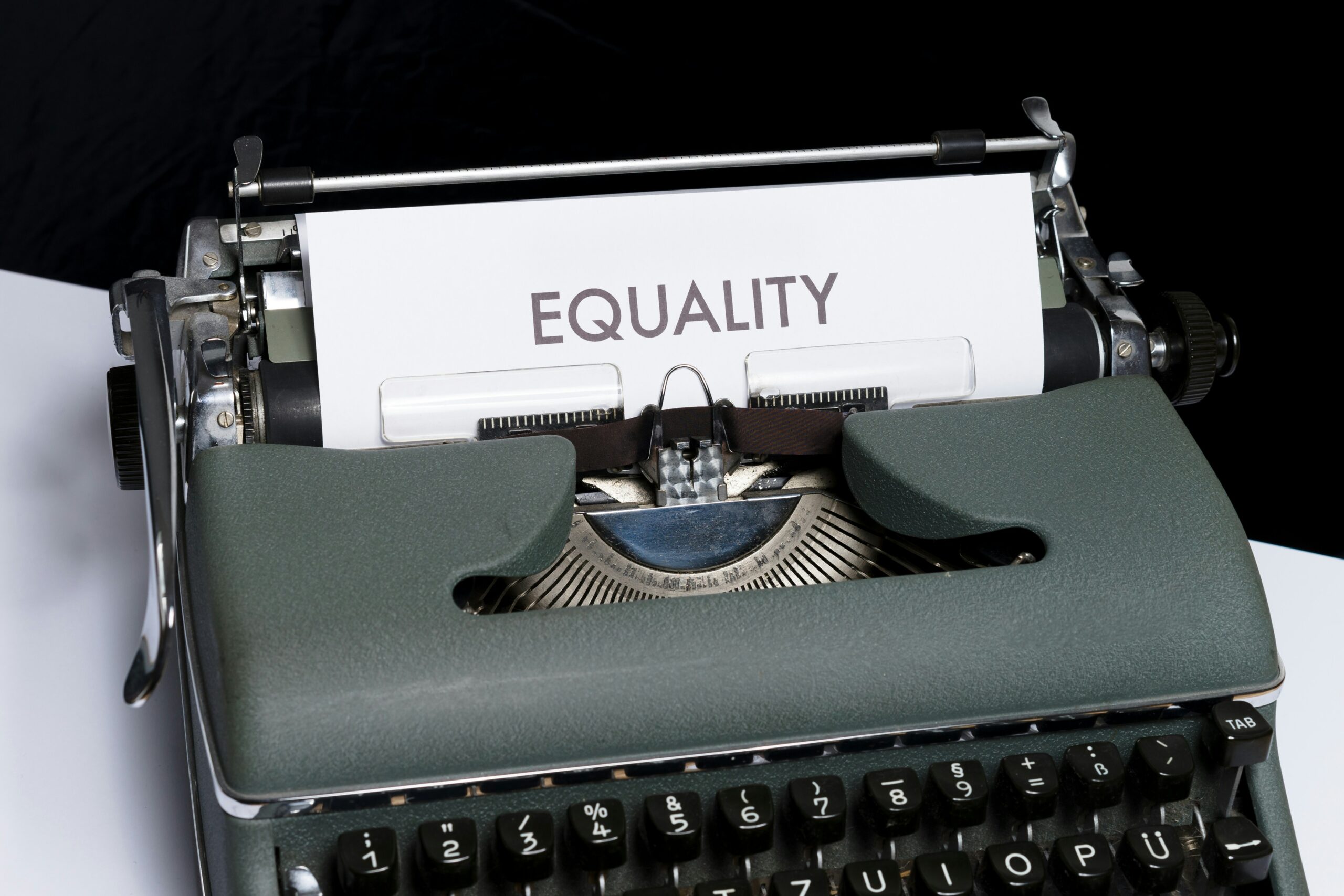International
Top Rankings for Working Women Announced

In recognition of International Women’s Day, The Economist released its annual glass-ceiling index, ranking the working conditions for women across 29 countries in the Organization for Economic Co-operation and Development (OECD). The ranking evaluated ten crucial measures including higher education, labor-force participation, the gender wage gap, women’s representation in managerial positions and government, as well as parental leave policies. The United States ranked 19th, significantly below the OECD average across these metrics, primarily due to its lack of federally mandated parental leave, which hinders women’s ability to participate fully in the workforce and exacerbates the gender pay gap.
In contrast, Nordic countries dominated the rankings, with Sweden emerging as the leading nation for working women in 2025, surpassing Iceland, which had held the top position for two consecutive years. In 2024, women in Sweden earned 7.3% less than men, a figure that is better than the OECD average of 11.4%. Additionally, 66.6% of working-age women in Sweden were employed, while 43.7% held managerial roles, the highest percentage in the index. Women in Sweden also occupied 46.7% of government seats, markedly higher than the U.S. figure of 28.7%.
Sweden’s strong performance is attributed to its progressive policies supporting gender equality, including comprehensive parental leave and flexible work arrangements. The country has consistently ranked in the top ten for gender equality since the World Economic Forum report began in 2006. The average monthly salary of women in Sweden in 2023 was reported to be 90% of men’s salaries. Iceland, while ranking second, experienced a slight decline in the percentage of women in management from 39.6% to 36.8%, impacting its standing. Other countries in the top ten included Finland, Norway, Portugal, New Zealand, France, Spain, Denmark, and Australia, all of which exhibit progressive measures to support working women.
Source: CNBC




